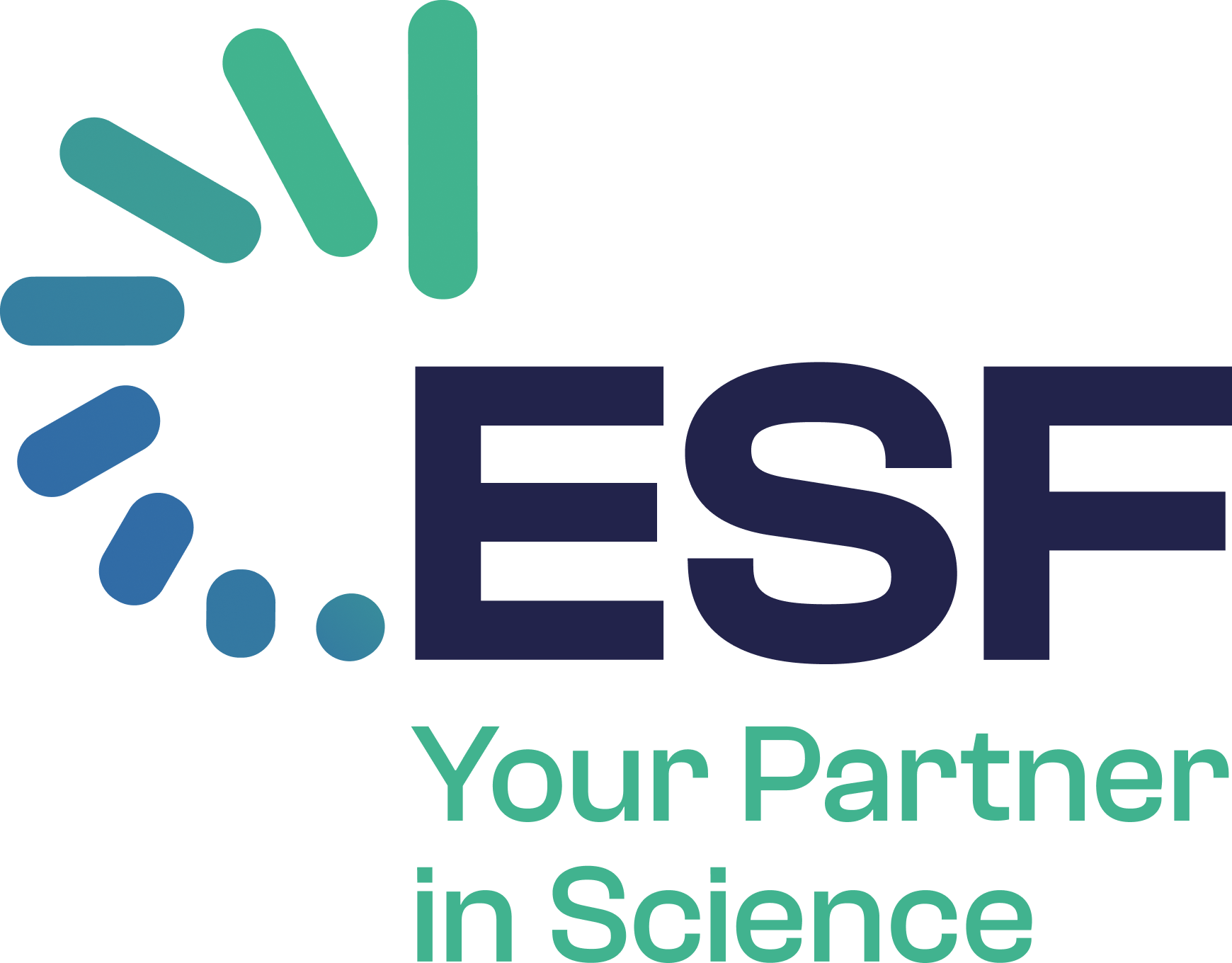RESISTIRÉ

Reducing gendered inequalities caused by Covid-19 policies
Project Aim
The aim of RESISTIRÉ was to 1) understand the impact of COVID-19 policy responses on behavioural, social and economic inequalities on the basis of a conceptual gender+ framework, and 2) design, devise and pilot policy solutions and social innovations to be deployed by policymakers, stakeholders and actors in different policy domains.
Project Outputs
The project ended in September 2023 after 30 months of research activities, having published multiple research reports, scientific publications and research agendas to foster a fairer social recovery.
RESISTIRÉ has also produced a set of factsheets to support policymakers, advisers, employers, and civil society organisations in understanding the effects of Covid-19 policy responses on gender equality, and to suggest practical recommendations to mitigate these effects:
- ADDRESSING POVERTY AND SOCIAL EXCLUSION: A FEMINIST PERSPECTIVE
Adopting a holistic and human rights approach to understand and address poverty and social exclusion
- MORE INTERSECTIONAL DATA
Underlining the importance of intersectional, gender+ data collection
- TRANSFORMATIVE FUNDING
A Pathway for Creative and Effective Crisis Response
- CRISIS AS A CONTINUUM
Learning from an Inclusive Feminist Crisis Response
- PROMOTING SUSTAINABLE AND RESILIENT LONG-TERM CARE
Highlighting the value of the health and care system and the essential role performed by people who work as carers.
- DIGITAL TRANSFORMATION FOR AN INCLUSIVE POST-COVID RECOVERY
Addressing digitalisation and inclusion in the post-pandemic recovery
- MENTAL HEALTH SUPPORT IN TIMES OF CRISIS
Making mental health an integral part of crisis interventions
- ACCESS TO HEALTH SERVICES FOR VULNERABLE GROUPS
Addressing systemic inequalities in healthcare
- STRIVING FOR SOCIAL JUSTICE
Including gender+ vulnerable and disadvantaged groups in the recovery policies
- THE MISSING PERSPECTIVES OF WOMEN IN THE NATIONAL RECOVERY AND RESILIENCE PLANS
Tackling gender inequalities within emergency policy responses and ensuring monitoring
- DEVELOPING RESILIENT EDUCATION SYSTEMS
For a balance between online and conventional education, ensuring that no one is left behind
- CREATING SAFE DIGITAL SPACES
Highlighting corporate responsibility and preventing digital violence
- GENDER-BASED VIOLENCE DURING CRISES
Risk Assessment, Prevention and Effective Response
- CRISIS MANAGEMENT FOR ALL
Why an Inclusive, Multi-Actor Crisis Management is needed
- TELEWORK AS A DOUBLE-EDGED SWORD
Risks and opportunities of remote work
- IMPROVING NATIONAL RESPONSES TO GENDER-BASED VIOLENCE
Lessons from the pandemic crisis
- REINFORCING EU-LEVEL ACTION TO COMBAT GENDER-BASED VIOLENCE
Through the Istanbul Convention
- CARE AND CRISIS
Fostering a Paradigm Shift
- GREEN SPACES AND GENTRIFICATION
Green spaces for everyone!
- GENDER EQUALITY IN THE HEALTHCARE SECTOR
Gender Equality Plans should be mandatory in Hospitals
- WOMEN’S REPRESENTATION, DIVERSITY AND INCLUSION IN DECISION-MAKING
Ensuring gender-balanced decision-making and the involvement of civil society organisations
- PANDEMIC AND GENDER MAINSTREAMING
Decades of work towards intersectional gender mainstreaming wiped out during the crisis
Project Partners
- European Science Foundation (France)
- Örebro University (Sweden)
- Yellow Window (Belgium)
- Oxford Brooks University (United Kingdom)
- Knowledge & Innovation (Italy)
- Technological University Dublin (Ireland)
- Sabanci University (Turkey)
- Universidad de Deusto (Spain)
- Institute of Sociology of the Academy of Science of the Czech Republic (Czech Republic)
- Sciensano (Belgium)
Role of ESF
ESF was the Project Coordinator and led the communication work package ensuring effective impact and dissemination of the project’s results. ESF also contributed to the project’s recruitment and management of the expert network.
Funding
This project has received 5,2M € funding from the European Union's Horizon 2020 research and innovation programme under grant agreement N°101015990.
Project Website

This project has received funding from the European Union's Horizon 2020 research and innovation programme under grant agreement No 101015990
